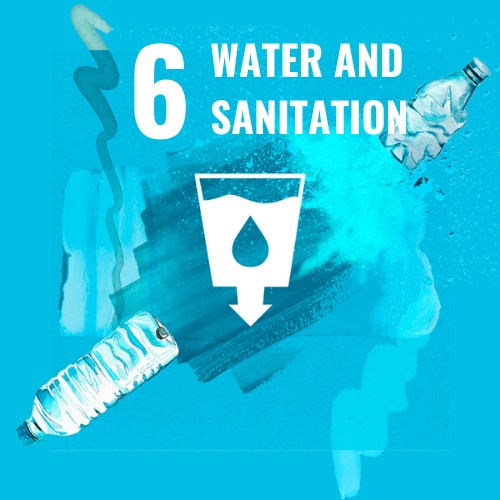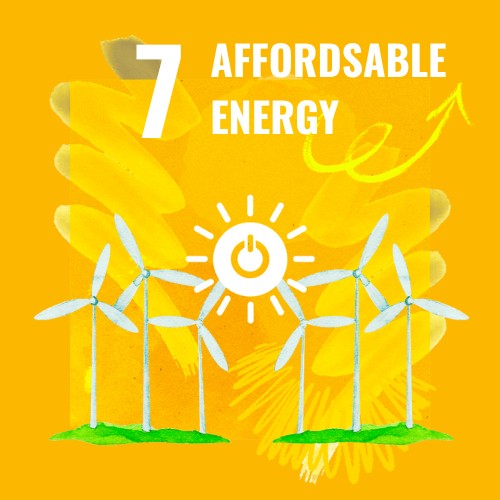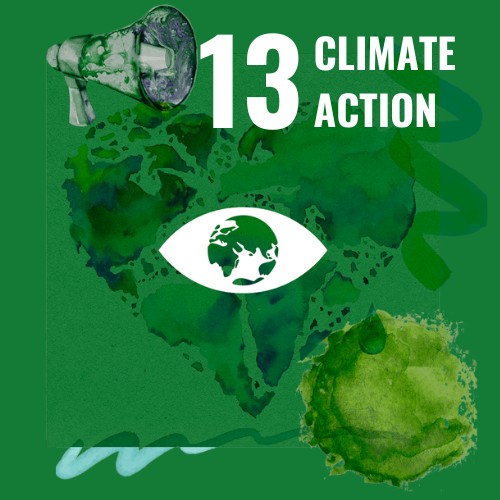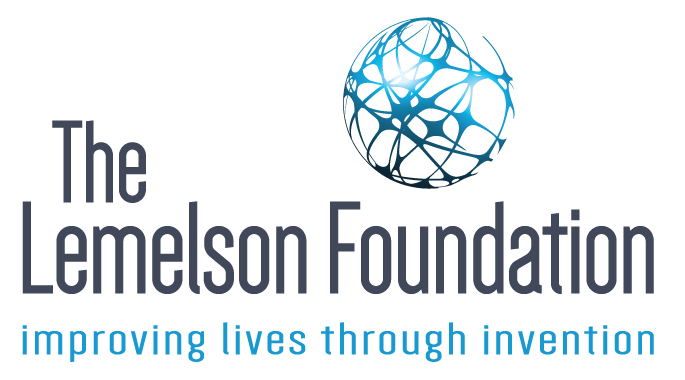Launched in 2020, the ANDE Climate and Environmental Action Initiative targets the complex challenges hindering green entrepreneurs in the broader SGB sector. These businesses are crucial for scaling environmental solutions and fostering resilient economies through their contributions to climate change mitigation and adaptation.
The initiative employs research, convening, training, and advocacy to bridge significant financing and capacity-building gaps for green entrepreneurs, emphasizing their distinctive needs. It aims to spotlight and boost funding for climate action leaders within entrepreneurial ecosystems. Acknowledging the disproportionate impact of climate change on women and minority groups, the initiative also prioritizes support for these communities. A key goal is to cultivate a common understanding of effective climate action and its measurement within the SGB sector.
Small and Growing Businesses (SGBs) are in a unique position to provide climate solutions. ANDE scales ecosystems supporting green entrepreneurs to advance global goals, pushing climate action, and ensuring clean water, sanitation, and affordable, clean energy by 2030.
Climate change presents unique challenges and opportunities
SGBs must be involved in mitigation, adaptation, and resilience-building efforts, and they need support.
“Green entrepreneurs” are developing, deploying, and expanding localized solutions to global climate crises, yet only 2% of incubators and accelerators focus on climate challenges worldwide. One example is Mark Kebo Akparibo, founder of Tele-Bere Green AgroFarms. They are revolutionizing agriculture in Ghana’s semi-arid Northern Savanna.
As part of ANDE’s Accelerating Women Climate Entrepreneurs (AWCE) program, Tele-Bere received funding support from ANDE member FMO, the Dutch entrepreneurial development bank. Watch their video and visit our entrepreneur journeys page and discover other stories of climate entrepreneurs.
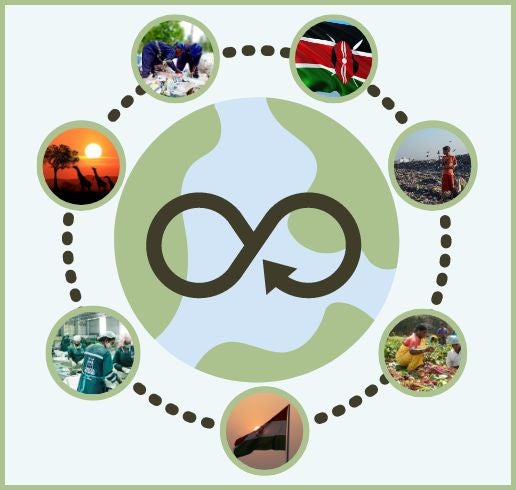
ANDE, in collaboration with the IKEA Foundation, has released comprehensive investment guides on the waste management and circularity sectors, spotlighting critical opportunities and financial strategies. Have a closer look at the new guides to unlock investment in waste management in Kenya and India.
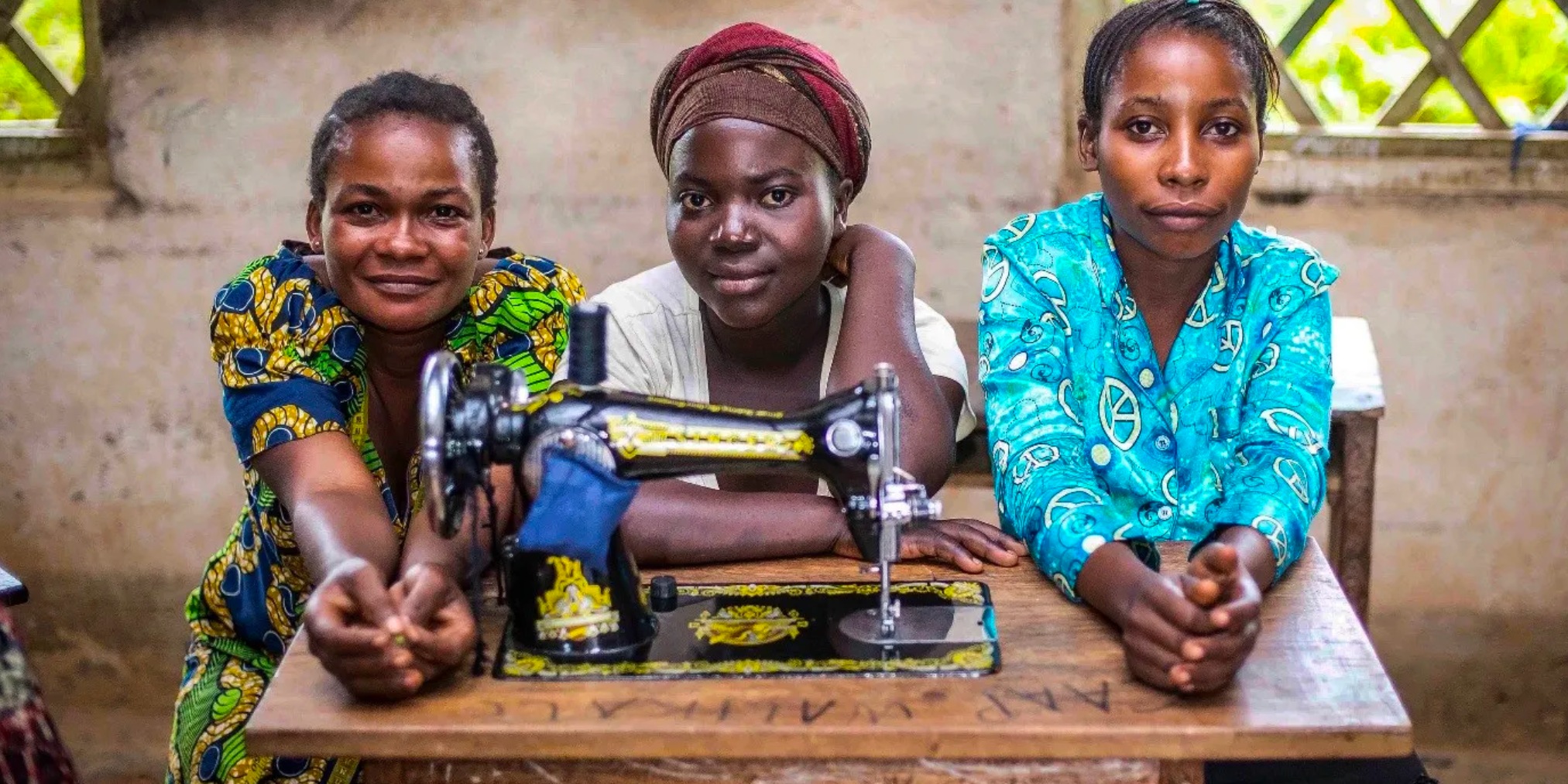
In partnership with the IKEA Foundation, ANDE launched the second phase of its initiative supporting green entrepreneurship in India and Kenya. The program seeks to help ensure a smooth transition to a greener, more inclusive economy in which green entrepreneurs can thrive and create good jobs. Through this partnership, ANDE conducted research on the green enterprise economy and brought together donors, investors, enterprise support organizations, policymakers, and entrepreneurs to identify and support solutions that help green enterprises in India and Kenya grow.
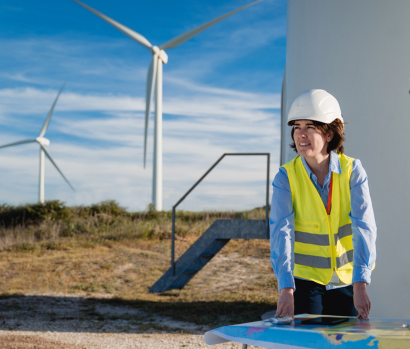
With support from the International Development Research Centre (IDRC), ANDE has launched a new initiative which will fund actionable research that aims to build the evidence base on these barriers and potential solutions. The project supports six research projects across Latin America and the Caribbean, and Sub-Saharan Africa to gain insights on better supporting women in the clean energy sector.

ANDE, along with the Aga Khan Foundation Canada (AKFC) and World University Service of Canada (WUSC), and support from Global Affairs Canada (GAC), aim to build the gender-lens investing ecosystem for growth-oriented women entrepreneurs to start and grow climate-related businesses in Sub-Saharan Africa through this project. AWCE will contribute to poverty reduction by identifying and promoting good practices to support women entrepreneurs in climate-related value chains and developing a road map for international development stakeholders to provide further gender-responsive support to women climate entrepreneurs and intermediaries.

ANDE’s Learning Labs bring together a group of experts to address climate concerns worldwide. These labs are meticulously designed to foster a culture of knowledge exchange and collaborative learning, serving as a repository of insights, tools, and best practices. Our members can leverage these resources to effectively support and accelerate the growth of green businesses.
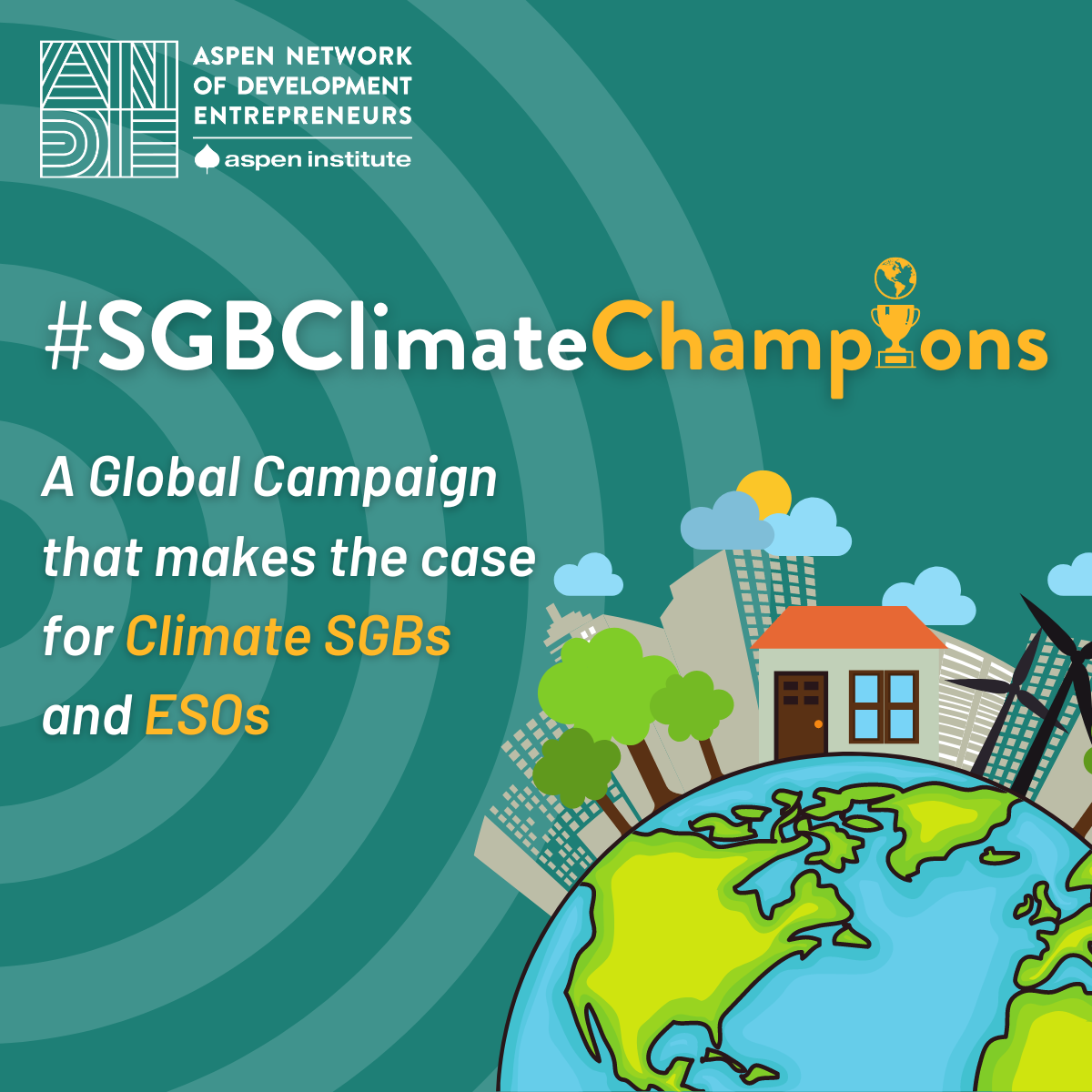
ANDE members are helping adapt and prepare for climate change one step at a time by taking climate action.
SGB Climate Champions is a global ANDE campaign that aims to share the stories and experiences of our members across ANDE’s network from all eight chapters. The campaign highlights successful climate business models and shares knowledge on how SGBs and ESOs can incorporate climate lenses into their work.

Electric Vehicles (EVs) are the cornerstone of the global transition towards sustainability. India's ambitious climate commitments make EVs not just an environmental imperative, but an economic opportunity. They represent our path to both decarbonization and energy independence, while providing opportunity to accelerate innovation and manufacturing.
This report comes at a crucial time when India's EV charging landscape is at an inflection point. The challenges we face are unique – from installing charging points in crowded urban areas to building networks that withstand everything from Rajasthan's heat to Kerala's monsoons. 'Charging Ahead-Part II' delves into the intricate interplay of policy, regulation, and industry trends shaping this crucial segment, providing cross-jurisdictional analysis that contextualizes India's efforts within a global framework. The insights from markets like California, Singapore, and the UK offer invaluable lessons for our path forward, from integrating renewable energy to deploying innovative business models. The collaboration between GameChanger Law Advisors and Speciale Invest in producing this report
exemplifies the interdisciplinary approach needed to build a sustainable future.
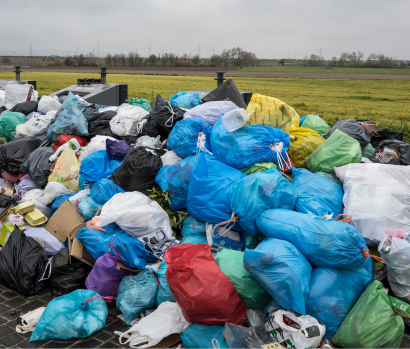
Every day, Kenya produces over 24,000 tons of waste, amounting to 8.8 million tons annually. Most of this waste is currently mismanaged, with more than 75% of waste in Kenya being incinerated or disposed at dumpsites. Moreover, Kenya is home to two of the world's 50 largest landfills – Dandora in Nairobi and Kibarani in Mombasa – highlighting its significant waste management challenges. Mismanaged waste in Kenya poses several environmental and health risks, which local actors are yet to comprehensively address. The proximity of landfills to residential areas in Kenya negatively impacts the quality of life of nearby communities and poses severe health risks by contaminating local land and water resources. In addition, waste incineration releases toxic pollutants into the air, water and soil and produces hazardous ash that can contaminate the environment and pose health risks to nearby communities. This study identified 16 small and growing businesses (SGBs) providing integrated waste management services. Employing a mixed-methods approach to conduct a deep dive into the integrated waste management sub-sector in Kenya.
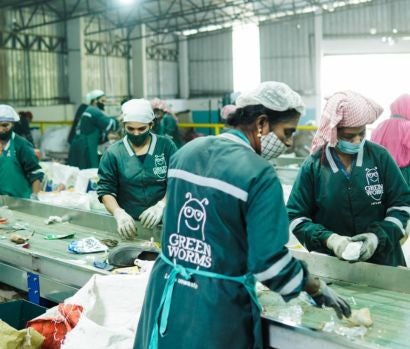
This landscape guide is intended to outline India’s current context in recycling and circularity, with a focus on the investment potential, opportunities and business models in the ten most significant waste streams in India. It provides a framework for how investment potential in a waste stream can be determined, which covers five areas that define that potential: market size and growth; investable start-up pipeline; product readiness; policy support; financing needs and gaps. The guide also includes a historical outline of investments and funding in each waste stream and outlines the roles and participation of various types of equity funders, along with the potential and participation of non-dilutive funding options.
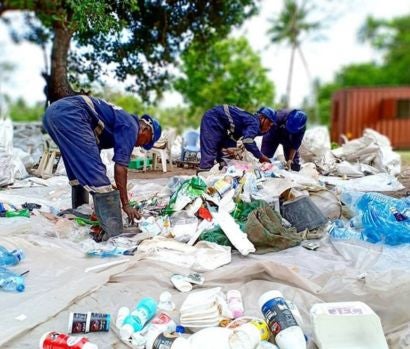
Kenya's waste management and circularity sector offers significant opportunities for investors, driven by economic growth, increasing waste generation, growing regulations and innovations. This introductory guide is the first in a series that also includes investment guides that deep dive into each of the highest opportunity sub-sectors in Kenya’s waste and circularity sector: plastic waste, wastewater, organic waste and integrated waste management. These guides provide further information on trends, opportunities, policies and challenges, as well as further details on the main identified business models and their financing needs and case studies of successful businesses.

Kenya's waste management and circularity sector is rapidly emerging as a critical area for sustainable investment. Across the ten sub-sectors and 122 businesses identified within this space in KOIS and ANDE’s Introductory Guide to Investing in the Waste and Circularity Sector in Kenya , four key sub-sectors have demonstrated particularly high potential for investment. Those sub-sectors are organic waste, plastic waste, wastewater, and integrated waste management. This investment guide outlines the complex landscape of the sector, highlighting critical financing needs and investment strategies. While detailed deep-dive guides have been developed to explore each of the four key subsectors, this guide focuses on the financial dynamics that underpin successful investments. It examines the varying financing needs across the different stages of business maturity and sub-sectors. Moreover, it highlights the key factors of success for waste management and circularity businesses, investment trends, gaps and opportunities for innovative finance solutions that could shape the sector. Finally, this guide provides insights into how investors can strategically position themselves and better catalyse investment to grow the sector.

Organic waste, which amounts to 5.72 million tons every year in Kenya, spans diverse sub-categories including food waste, yard waste, animal waste, agricultural waste, wood waste, organic sludge, biodegradable waste and human waste (faecal sludge). Rural households typically compost around 75% of their organic waste, but only 25% is composted in urban areas. Although organic waste degrades quickly and does not stay in the environment, it emits methane emissions during degradation or incineration. The high prevalence of open defecation due to inadequate sanitation systems further contributes to these challenges, as only 30% of the population has access to safely managed sanitation services.Effective organic waste management can reduce greenhouse gas (GHG) emissions, deforestation and soil degradation by providing sustainable alternatives to fuel, charcoal, wood and chemical fertilizers. For instance, transforming organic waste into biogas saves about 370–400 kg of carbon dioxide equivalent (CO2e) per ton, while turning it into fertilizers saves 350 kg CO2e per ton.Given the large volumes of recyclable material and its numerous applications, organic waste management is one of the most developed waste management sub-sectors in Kenya. Out of 122 waste management and circularity businesses identified through this study, 30 deal with organic waste, most of which were established over the past decade. This study employed a mixed-methods approach to conduct a deep dive into the organic waste management sub-sector in Kenya.

